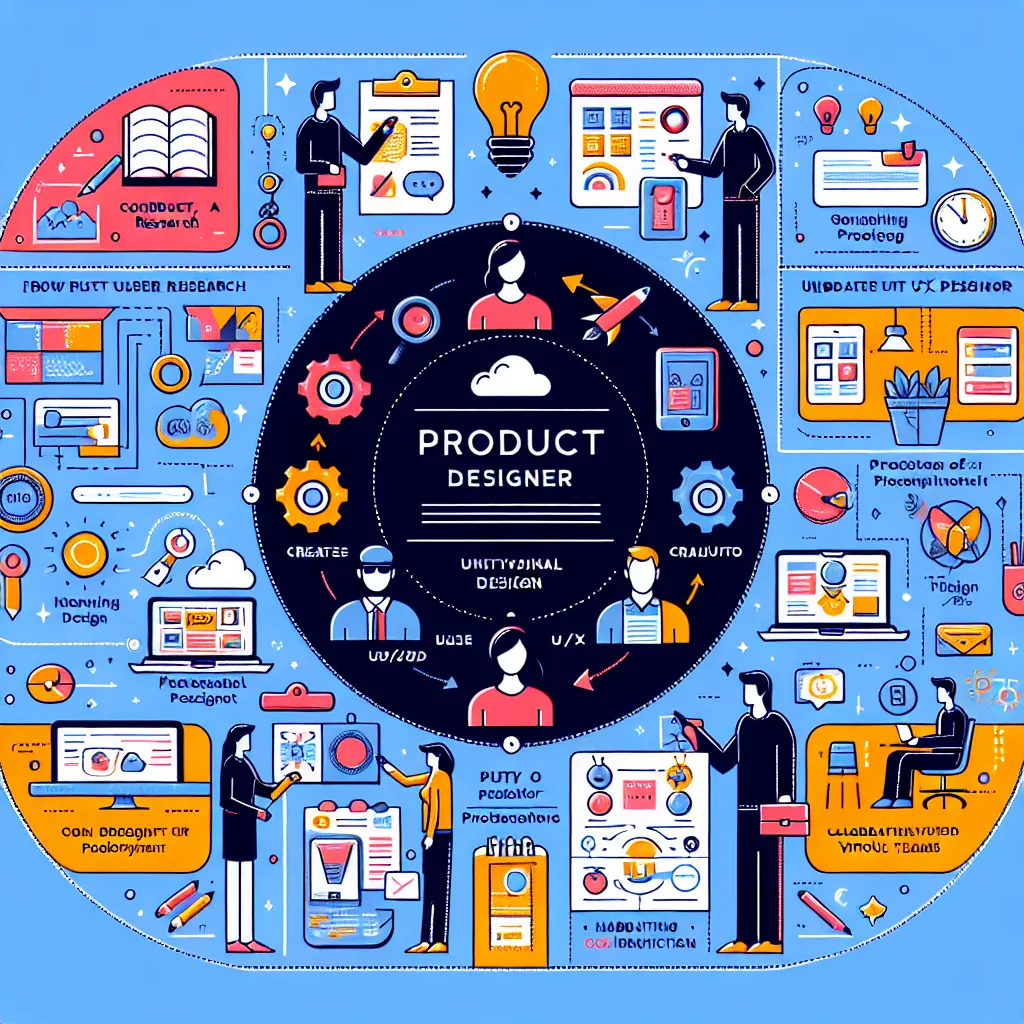Stakeholder management is a crucial skill in many professional roles, particularly in project management, business development, and leadership positions. When interviewing for such roles, you’re likely to encounter questions about your approach to stakeholder management. This article will guide you through effectively answering these questions, helping you showcase your expertise and impress your potential employers.
Understanding Stakeholder Management
Stakeholder management refers to the process of identifying, analyzing, and engaging with individuals or groups who have an interest in or are affected by a project or business activity. It’s about balancing different stakeholders’ needs, expectations, and influences to ensure project success and maintain positive relationships.
Why Stakeholder Management Matters in Interviews
Interviewers ask about stakeholder management to assess your:
- Communication skills
- Ability to handle diverse interests
- Strategic thinking
- Conflict resolution abilities
- Leadership potential
Demonstrating proficiency in these areas can significantly boost your chances of landing the job.
 Stakeholder Management Interview
Stakeholder Management Interview
Common Interview Questions and Sample Answers
Let’s explore some typical questions about stakeholder management and how to answer them effectively.
1. “How do you identify key stakeholders in a project?”
Sample Answer: “I start by conducting a thorough stakeholder analysis. This involves:
- Listing all potential stakeholders
- Assessing their interest and influence levels
- Categorizing them (e.g., primary vs. secondary, internal vs. external)
- Creating a stakeholder map or matrix
This process helps me prioritize stakeholders and tailor my engagement strategies accordingly.”
2. “Describe a situation where you had to manage conflicting stakeholder interests.”
Sample Answer: “In a recent project, we had conflicting interests between the marketing team, who wanted to launch a product quickly, and the quality assurance team, who needed more time for testing. I:
- Arranged a meeting with both teams to understand their concerns
- Facilitated an open discussion to find common ground
- Proposed a phased launch approach that satisfied both parties
- Regularly communicated progress to keep everyone aligned
This approach resulted in a successful launch that met both quality standards and market timing requirements.”
3. “How do you ensure effective communication with diverse stakeholders?”
Sample Answer: “I believe in tailoring communication to each stakeholder’s needs and preferences. My approach includes:
- Creating a stakeholder communication plan
- Using various communication channels (e.g., emails, meetings, reports)
- Adapting my communication style to suit different stakeholders
- Regularly seeking feedback to improve communication effectiveness
- Ensuring transparency and consistency in messaging across all stakeholders”
Tips for Answering Stakeholder Management Questions
- Use the STAR method (Situation, Task, Action, Result) when giving examples
- Highlight your analytical and interpersonal skills
- Demonstrate your understanding of different stakeholder types
- Emphasize your ability to balance competing interests
- Show how you’ve learned and improved your stakeholder management skills over time
Common Mistakes to Avoid
- Focusing only on formal stakeholders and ignoring informal ones
- Underestimating the importance of regular communication
- Failing to mention how you handle difficult stakeholders
- Not demonstrating flexibility in your approach
- Overlooking the importance of stakeholder feedback in project success
 Stakeholder Engagement Strategies
Stakeholder Engagement Strategies
Follow-up Interview Questions and Suggested Answers
-
“How do you prioritize stakeholders when resources are limited?”
Suggested Answer: “I use a combination of power/interest grids and urgency assessments to prioritize stakeholders. This helps me focus resources on high-impact, high-influence stakeholders while maintaining appropriate engagement levels with others.” -
“What tools or techniques do you use for stakeholder analysis?”
Suggested Answer: “I regularly use stakeholder mapping tools, influence/interest matrices, and RACI charts. For larger projects, I’ve also employed specialized stakeholder management software to track engagement and sentiment over time.” -
“How do you handle stakeholders who are resistant to change?”
Suggested Answer: “I focus on understanding their concerns, clearly communicating the benefits of the change, involving them in the decision-making process where possible, and providing support throughout the transition.” -
“Can you describe how you’ve incorporated stakeholder feedback into a project?”
Suggested Answer: “In a recent software development project, we implemented a regular feedback loop with key stakeholders. Their input led to several feature adjustments and prioritization changes, ultimately resulting in a product that better met user needs and exceeded client expectations.” -
“How do you maintain stakeholder engagement throughout a long-term project?”
Suggested Answer: “I maintain engagement through regular updates, milestone celebrations, and periodic re-assessment of stakeholder needs and interests. I also ensure that stakeholders see the tangible progress and value of their continued involvement.”
Conclusion
Mastering the art of answering questions about stakeholder management can significantly enhance your interview performance. Remember to focus on your analytical skills, communication strategies, and ability to balance diverse interests. Use concrete examples from your experience to illustrate your points, and always emphasize the positive outcomes of your stakeholder management efforts.
By following these guidelines and practicing your responses, you’ll be well-prepared to tackle any stakeholder management questions that come your way in your next interview. Good luck!
For more interview preparation tips, check out our articles on how to answer questions about professional relationships and how to prepare for a product management interview.




